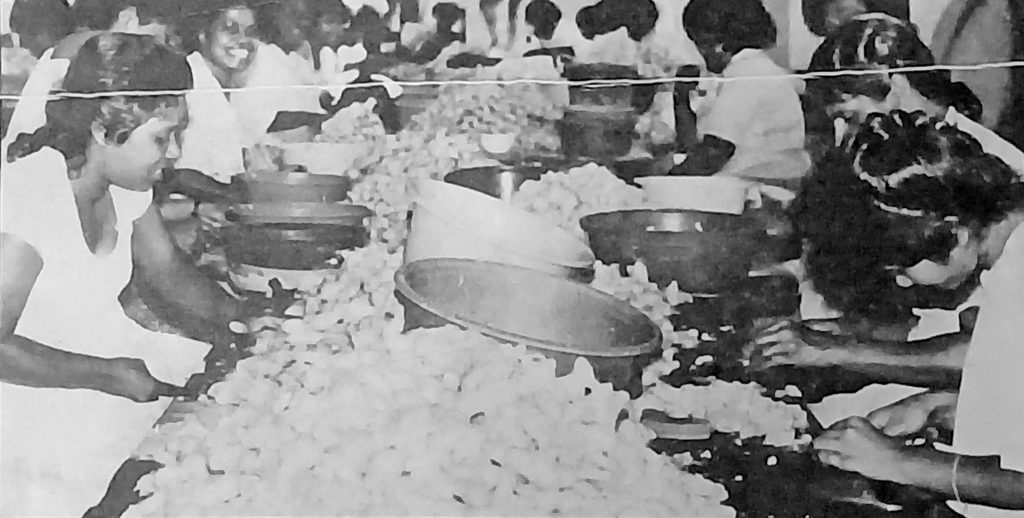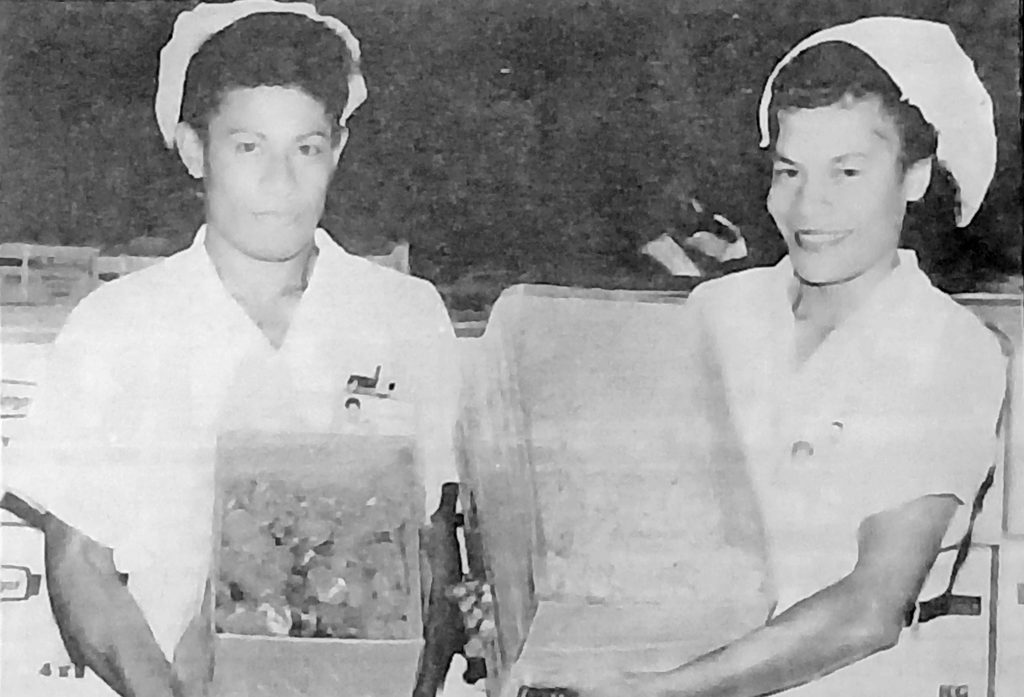In 1990, the Minister for Primary Industry and Cooperatives, Viliame Gonelevu, asked people involved in the ginger industry to work together to improve the industry.
An article published in The Fiji Times on March 1 that year, said Mr Gonelevu said this during a visit to the Tropical Food Products factory at Kalabu in Nasinu.
The company processed syruped crystallised brined and dried ginger for export to Europe, Australia, New Zealand and Japan.
Mr Gonelevu emphasised the need to rationalise the production and marketing components of both mature and baby ginger. He said there was also a need for a broader industry perspective and orderly marketing with the producer having a fair return and the satisfaction of the consumer.
“There are a range of issues and constraints which need to be addressed,” he said.
Mr Gonelevu said the newly-tapped Japanese market augured well for the future of processed ginger.
The chief executive of the National Marketing Authority, Solomone Makasiale, said the first shipment of brined ginger to Japan consisting of 96 tonnes would leave soon.
He said the NMA would ship 1300 tonnes of brined ginger to Japan that same year and was confident of sending a high-quality product.
Mr Makasiale said it was a golden opportunity for Fiji to meet the Japanese market and create a market environment conducive to increasing sales in the future.
He said farmers received just over $500,000 for their efforts. Tropical Food Products Ltd manager Ratu Ifereimi Raicebe said the company had received a total of 1030 tonnes of ginger roots.
“Harvesting started in February by 1200 farmers and should last for two weeks. We work on 35 to 40 per cent fibre content to ensure a quality competitive product,” Mr Raicebe said.
“The time of planting and harvesting is crucial for the industry.
“We export syruped, crystallised and dried ginger to Europe, Australia and New Zealand, a high-quality segment of the ginger market.”
He said the company employed only 120 workers but had increased this to 158 in 1990.
“The crop had a high labour absorption capacity and its economic contribution to the Fiji economy is substantial. The overall growth in the processing sector has been welcome.”
He said labour and sugar represented the biggest input.
“We use 40 tonnes of refined sugar from New Zealand per month and 34 tonnes of Lipol sugar from the Penang mill. The two are blended before use,” Mr Raicebe said.
National Marketing Authority’s immature ginger came from farms in Lomaivuna, Waidina, Viria, Waibau and Sawani in the Central Division.
2. Women cleaning ginger at the Tropical Food Products factory in Kalabu, Nasinu. Picture: FILE



